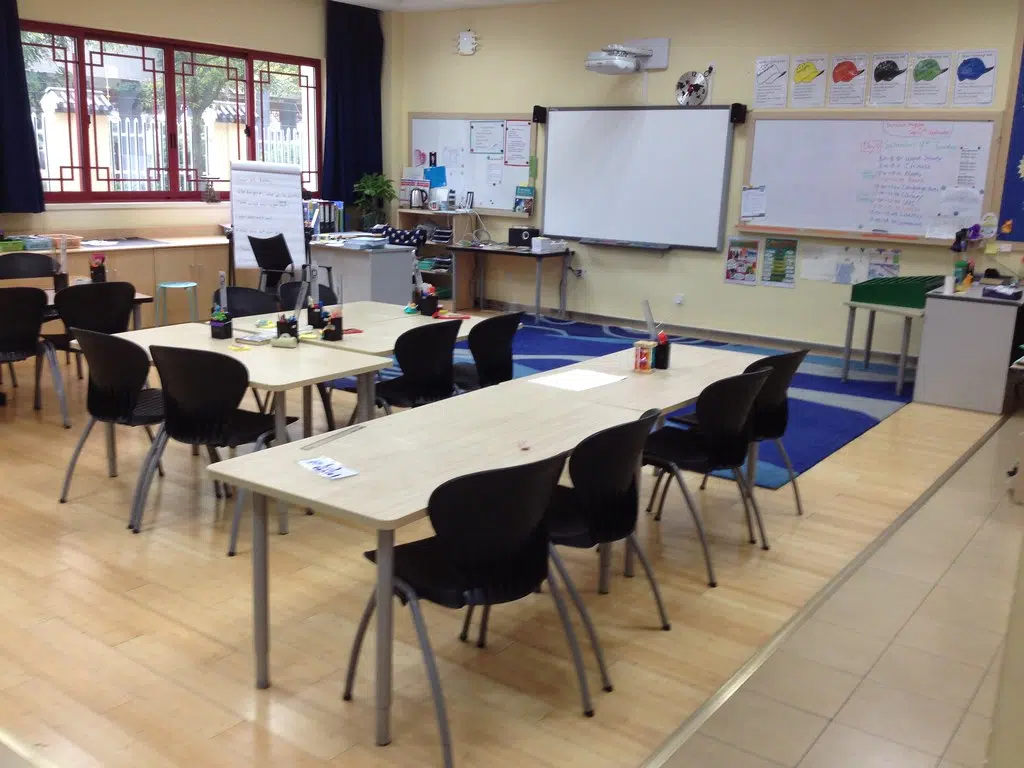While many New Brunswick students were sent home early during this week’s heat wave, teachers were asked to continue working from their schools through the extreme conditions.
But due to COVID-19 restrictions, many of them are stuck in unventilated classrooms without a fan – the same conditions that have been deemed unsafe for students.
The New Brunswick Teachers’ Association’s (NBTA) president says the province failed to adequately plan for and communicate how it would deal with the potential for extreme heat.
“It’s not like (the heat) snuck up on us,” Rick Cuming said. “We knew it was coming.”
Cuming says they were in discussions with the Department of Education, Minister Dominic Cardy, and provincial school districts to prepare for the heat wave since last week.
Despite the early start on preparations, Cuming believes the province failed to clearly communicate guidelines to schools and staff.
He says teachers have been especially vocal this week, reaching out to the association en masse.
“We’ve literally received hundreds of emails with teachers concerned about their learning conditions for students before the closures were announced, and the conditions in their classrooms as they are sitting in here afterward in sweltering conditions, trying to find a place in the building where there was any type of cool spots or shade to continue working,” Cuming said.
In past years, teachers have been able to break the heat with a classroom fan, but COVID-19 protocols prevent the use of cooling units including air conditioners that use re-circulated air.
“What the fans in a classroom are doing, is they’re moving around the existing air in the room which (causes) droplets and particulates in the room to spread around, which is a spreading issue for COVID-19,” said Cuming.
Teachers are permitted to open windows, but many New Brunswick classrooms don’t have windows, or their windows don’t open to the outside.
Cuming says teachers haven’t been given an official direction on whether they can use fans when students aren’t in the building, or once windows have been opened to allow for outside airflow.
Though the heat is expected to break Wednesday, he says the NBTA remains concerned about the obscurity around decision-making for schools during extreme weather or unsafe conditions.
“Going forward, we still need clarity on whose decision is it going to be when conditions are not safe, or not appropriate for learning (or) teaching, and for staff to be in schools,” Cuming said.
In 2019, the Department of Education released its green paper on education standards in New Brunswick, which called for decentralizing decision-making and empowering principals on the local level to make decisions for staff and students.
Cuming believes by keeping teachers in the classroom without accommodation for the heat, the department is directly contradicting its written stance.
“(Keeping teachers in school) goes against what the minister clearly stated in the green papers,” he said. “That local leaders should have the autonomy to make decisions, yet these decisions are coming down from on-high.”
He says it’s been a tough week for teachers, who continue to feel left behind and ignored by the education department.
“Teachers are hearing rhetoric. They don’t feel like they’re being treated like professionals, their voices are not being heard, and they’re not being respected.”







